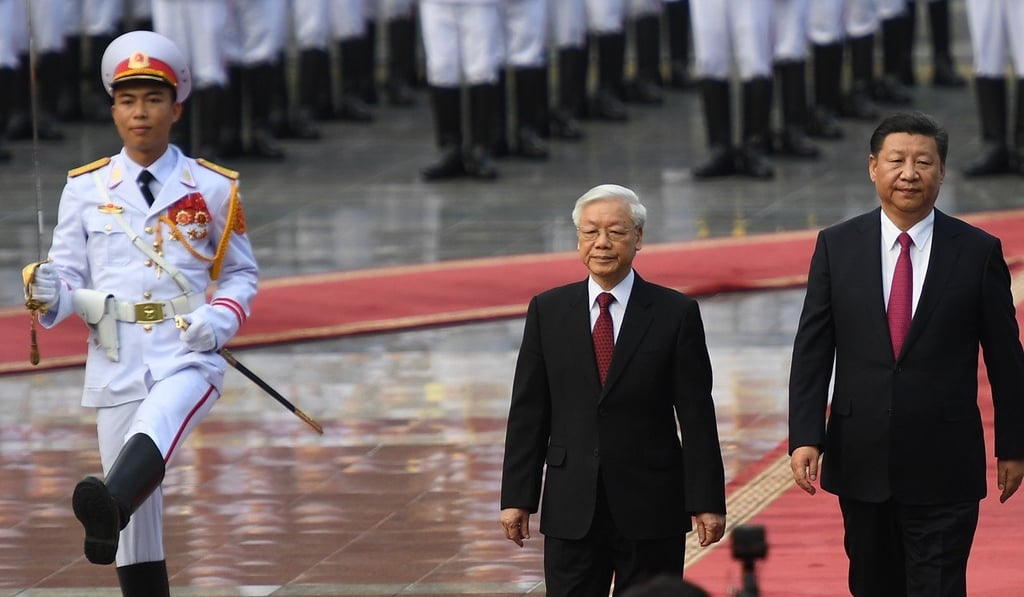Advertisement
Opinion | Vietnam wants a South China Sea dispute resolution pact with teeth, not more politics
- Asean member states and China are a step closer to forming a Code of Conduct for the South China Sea after years of operating a toothless diplomatic pact that has failed to reduce tensions
Reading Time:4 minutes
Why you can trust SCMP

The Southeast Asian bloc of nations and China are a step closer to forming a Code of Conduct (COC) for the South China Sea, and for Vietnam it’s a chance to replace a disappointing and toothless diplomatic pact with real dispute management provisions.
Advertisement
The two sides agreed last August to the negotiating text that forms the basis of talks on the contentious subjects of a new COC. With such a development came valuable insights into the positions of all negotiating parties, particularly Vietnam, which has long faced tensions in the South China Sea.
In the 1990s, Vietnam sought to establish a COC, submitting along with the Philippines a first draft code to the Asean bloc. But differences remained between Asean and China. Eventually, Asean member states agreed to a watered down position and signed the 2002 Asean-China Declaration on the Conduct of Parties (DOC).
The DOC – although a meaningful step and “a major leap for peace”, as described by the Philippines foreign affairs secretary of the time Blas F Ople – did not fully meet the expectations of some Asean members. For Vietnam, it fell short of specifying the geographical scope and did not ban the construction of new structures on submerged features.

Advertisement
Nevertheless, Vietnam still treats the DOC as an essential tool to protect its interests in the South China Sea, frequently citing it as a basis for diplomatic protests against China.

Advertisement
